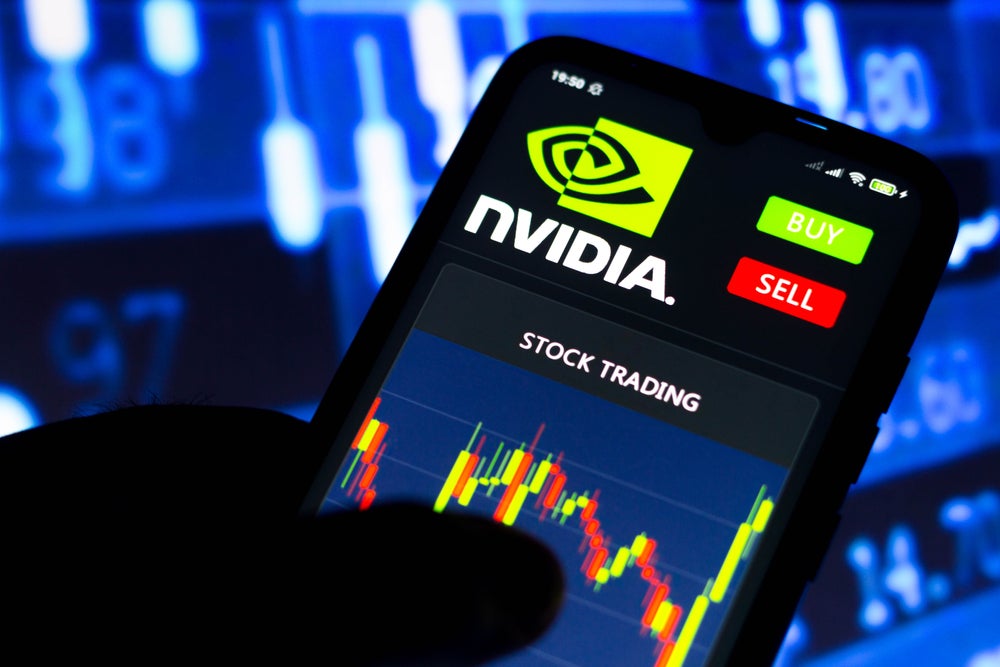Size of the text
If recent trends continue, top-performing retail stocks could enjoy even more gains.
Getty Images/AFP/Frederic J. Brown
Retail stocks have had a wild trip in the first half of 2021, and it isn’t finished yet. Consumer-oriented names have mostly outperformed since the economy reopened and the revival of the so-called meme trade. The SPDR S&P Retail ETF (XRT) has gained more than 50% this year.
There’s reason to believe the rise is still going strong. As schools, offices, restaurants, and entertainment venues reopen, consumers will want apparel other than the loungewear that dominated in 2020. Furthermore, many analysts foresee a fashion transition, with goods inspired by the 1990s and a focus on comfort, that will encourage customers to update their wardrobes. To top it off, rising savings rates have left customers with plenty of cash for impulse purchases, as evidenced by recent retailer earnings. The five best-performing retail stocks in the first half of 2021 are listed below. GameStop It’s hardly shocking that
GameStop
(GME), the king of the meme trade, has gained the most in the first half of the year, up 1,019 percent as of Tuesday’s close. The meme trade debuted in January, when heavily-shorted stocks such as GameStop and AMC Entertainment Holdings (AMC) skyrocketed. A group of small individual investors, typically organized on social media, went after companies that Wall Street was betting against, and the trend is still going strong. While GameStop stock has been in the spotlight since then, the firm has had an especially tumultuous few weeks. After generating more than $1 billion in a stock offering, the company hired a new CEO and joined the Russell 1000 index in June. It also posted fiscal first-quarter profits that were better than predicted. However, although individual investors clamor for the stock, analysts remain cautious. Fundamental analysis, they say, is pointless on a stock that moves so swiftly for unorthodox reasons. Indeed, the gaming retailer is predicted to lose 33 cents per share this year, which is better than the $2.14 loss per share it suffered last year. The four analysts who continue to cover GameStop have an even split of Buy and Hold ratings, with an average price objective of $68.75, significantly below the stock’s Tuesday closing price of $210.88. Dillard’s (DDS), a department retailer, is in second place, with a gain of 182 percent from the start of 2021. The company started the year as another heavily shorted small cap, despite short interest in the stock.
Dillard’s
has recently dropped, and is now hanging around 10%. In May, the business reported fiscal first-quarter profits that were stronger than expected, and it also authorized $500 million in share repurchases. Analysts, on the other hand, aren’t sold on Dillard’s: Three of the five analysts covering the stock are pessimistic, while the other two give it a Hold rating. Their average target price of $88.25 is about half the current stock price. Dillard’s is expected to earn $12.36 per share for the full year, up from a loss of $3.59 per share the previous year. Signet Jewelers is a company that specializes in fine jewelry. Signet stock (SIG) is in third place with a year-to-date gain of 180 percent. The company has released a streak of positive earnings reports, and its CEO believes that additional initiatives, such as jewelry rentals and increased omnichannel capabilities, will help to drive the rise even further. Earlier this month, the stock received an upgrade as well. Signet’s earnings per share is expected to more than treble this year, to $7.09, according to consensus projections. On Wall Street, there is still only one bull; three analysts grade it as Hold or comparable, and two are bearish. The average price target is $71.20, which is lower than the current price of $76.37. Group Meetings at Home
In the first half of 2021, the stock (HOME) increased by 138 percent, with many investors anticipating more gains. The retailer is still riding the tide of home furniture demand: In a strong market for housing and home improvement, sales have been increasing. The stock, however, is surrounded by uncertainties. At Home’s largest shareholder, which rejected a revised bid earlier this month, slammed a planned $2.8 billion agreement to take the company private. All but one of the 11 analysts who cover the stock are likely on the sidelines as a result of the takeover offer. According to FactSet, the average analyst price objective of $35.38 is very close to the stock’s current price. Analysts predict $2.01 per share in full-year earnings, down from $2.68 per share last year but still far above pre-pandemic levels. Revolve Group Revolve (RVLV) completes our list of retailers, with a year-to-date gain of 125 percent. Despite the dearth of social and work meetings caused by the pandemic, the online retailer’s stock has recovered. Barron’s has stated that it appears to be well positioned to benefit from the ongoing reopening trade. Revolve is the clear analyst favorite—just over three-quarters of the 17 analysts that follow the stock are positive, while the rest rank it as Hold or lower. On the shares, there are no bearish calls. The average analyst price objective for the company is $59.75, which is around $10 less than where it presently trades. The consensus forecasts 84 cents per share in earnings this year, up from 79 cents last year. What Comes Next So, would the second half of 2021 be as fruitful for these stocks as the first? Some worries concerning the Delta form of Covid-19 may be a consideration to keep an eye on, while preliminary evidence appears to show good protections for people who have already been vaccinated in the United States. Perhaps a more powerful driver is the amount of steam that the meme trade can sustain. Teresa Rivas may be reached at teresa.rivas@barrons.com.
Continue reading





